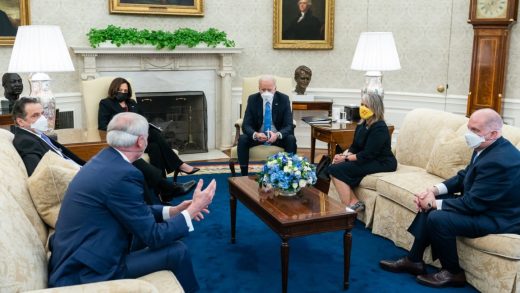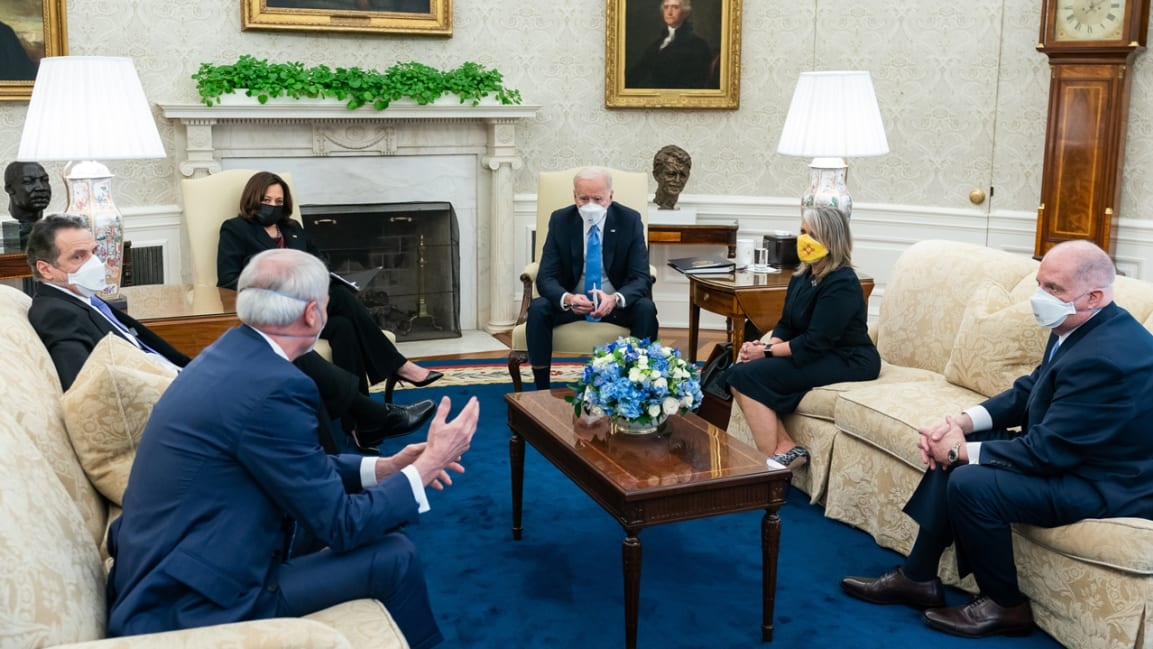House stimulus vote update: Here’s the latest on third checks, extra unemployment
The bill, which Biden unveiled just before his January inauguration, is headed for a House vote later today where it’s expected to pass with a Democratic majority, despite opposition from the Republican party.
Here’s what to know:
What’s in it, again?
Dubbed the American Rescue Plan, the bill builds on a number of elements from the House’s historic $3 trillion proposal last March. Key points for many Americans are:
What about the minimum wage hike?
One of the more controversial provisions, the bill’s inclusion of a federal minimum wage increase from $7.25 to $15 per hour, was struck down (March 06, 2021) after the Senate parliamentarian ruled that it must be taken out of the package under the guidelines of reconciliation. It’s a blow for Democratic progressives, who have aggressively championed the cause. While the House is moving to vote on the version including the provision as a symbolic gesture, the White House has said it will not challenge the ruling.
Wait, what’s reconciliation?
That’s what Democrats are using to fast-track the bill through Congress. Budget reconciliation is a legislative tool that lets lawmakers pass bills with a simple majority, bypassing the 60% majority that’s effectively needed to end a filibuster in a partisan Senate. Typically, if the Senate is split evenly between Democrats and Republicans, even with full Democratic support, 10 GOP members would have to approve the bill for it to pass. But under reconciliation, it can be muscled through with only the Democratic votes.
The process can be used only once per year in each of three budget categories, and has been used just 21 times since 1980.
So what’s next?
If the bill passes the House as expected, it will be handed off to the Senate, which can add, subtract, or edit provisions. The minimum wage hike will likely get the chop, as two Democratic moderates have said they would not support it.
Senate Majority Leader Chuck Schumer has said that under reconciliation, the chamber is hoping to “send a robust $1.9 trillion package to the president’s desk before March 14,” which is the day December’s extended unemployment benefits will expire.
We’ll keep you updated on how the vote goes.
(59)



